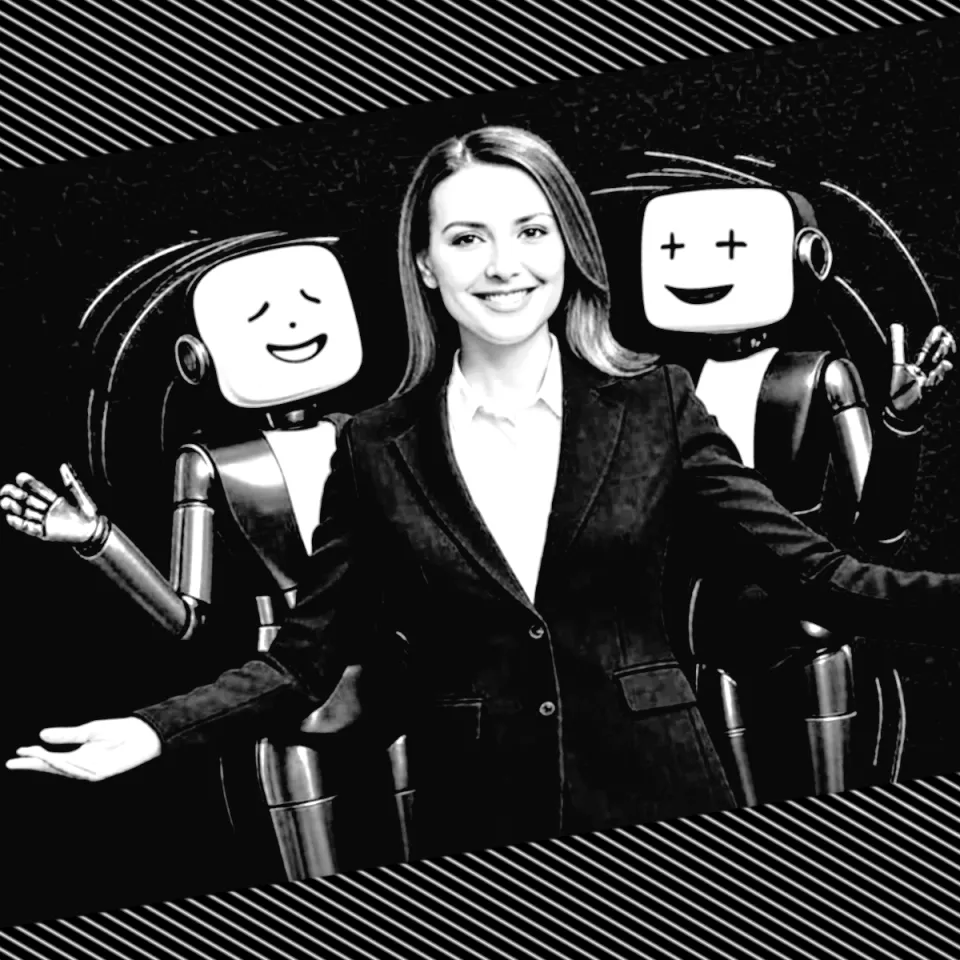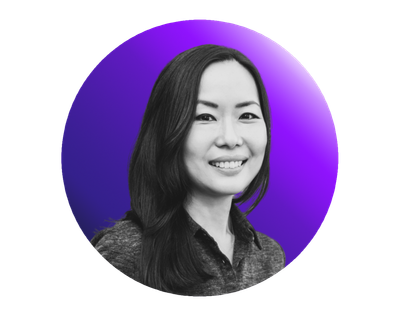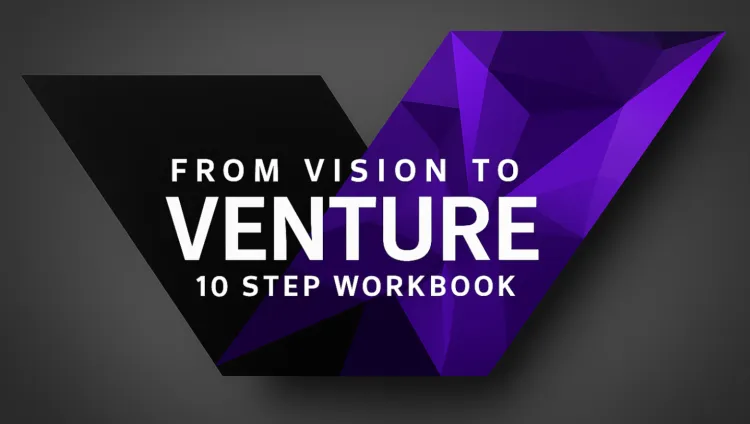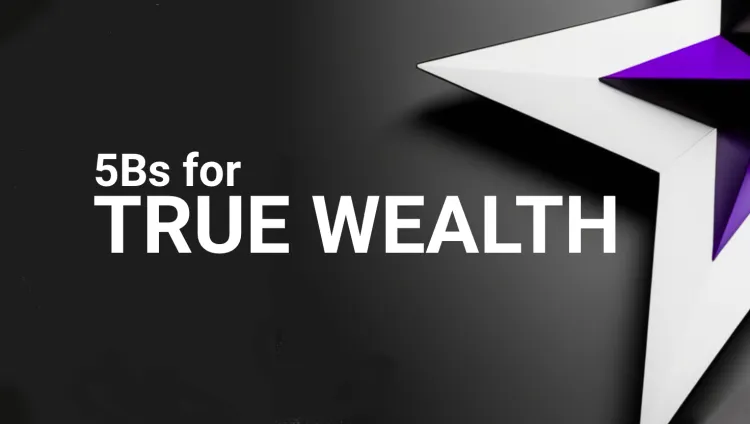70 million American workers are living through the permanent transformation of their careers—and most don't even know it yet. Stanford University's SALT Lab just dropped groundbreaking research that reveals exactly how AI is reshaping work. I've distilled the most crucial insights and dug deeper into external sources to figure out what this all means for you and me.
Their comprehensive study of 1,500 workers across 104 occupations shows that 80% of workers are already seeing AI impact at least 10% of their tasks, with a staggering 19% facing potential disruption to over half of their responsibilities. This isn't just a future possibility—AI tools are already in active use for at least 25% of tasks in 36% of occupations.
The Fear is Real
The top three concerns identified are a lack of trust (45%), the fear of job replacement (23%), and the absence of human touch (16.3%). In sectors like Arts, Designs, and Media, only 17.1% of tasks received positive ratings for AI automation.
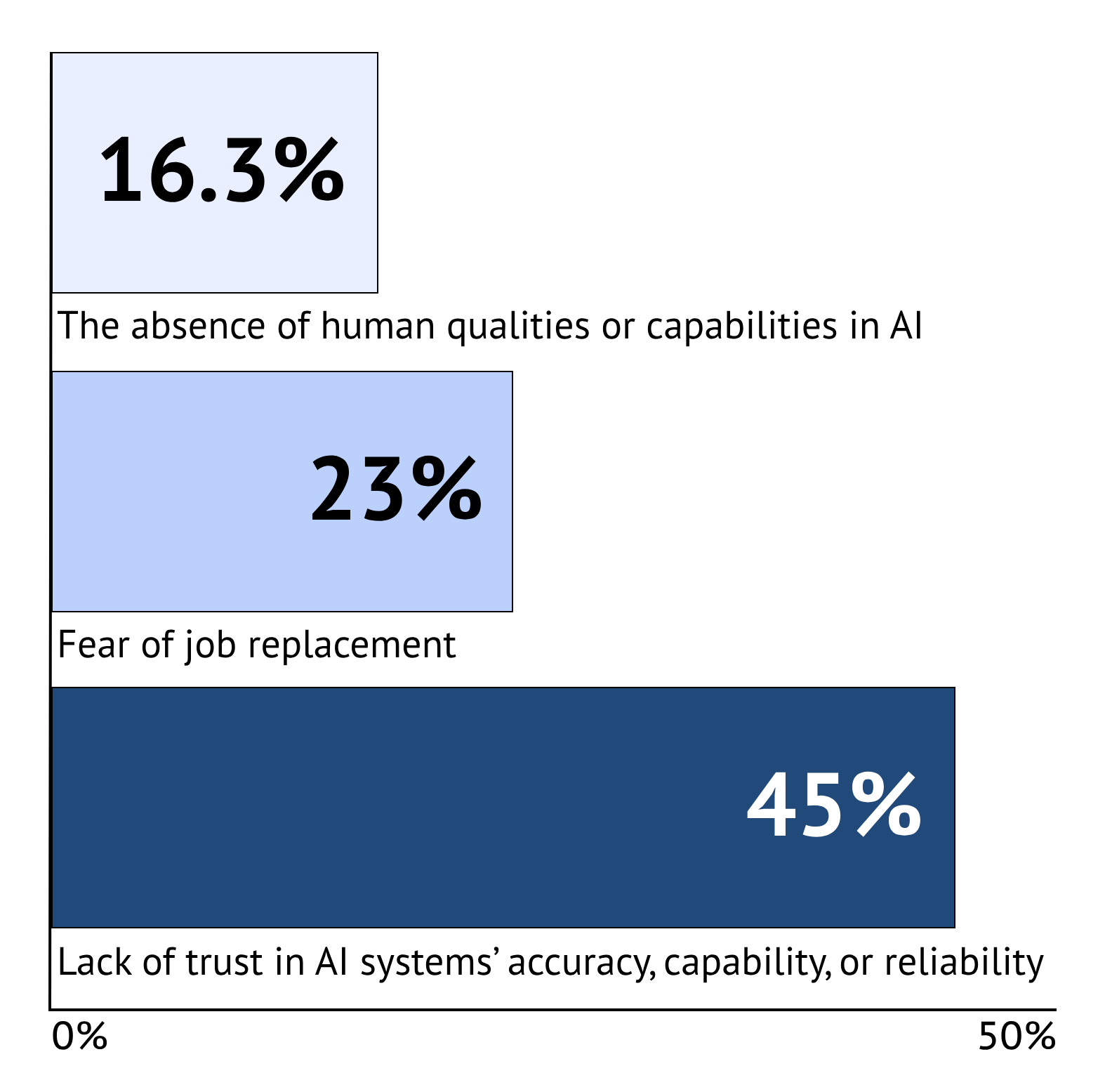
Up to 70% of jobs are going away... others will change dramatically... [and] it could be pretty fast. [We have to] figure out new things to do.
– Sam Altman, OpenAI CEO
An era is approaching where 10 people will accomplish what 500 once did. Yet most people are sleepwalking into it.
Basic human psychology, reveals why:
When the brain can't process something, it protects you by pretending it's not real.
Downplaying the threat feels safer than acknowledging a future that will disrupt your life.
Those who adapt early will prosper. The rest will be left in the dust, wondering what just hit them.
One line from their research absolutely stunned me and I haven't been able to stop thinking about it:
You may not take interest in AI, but AI will take interest in you. 😯🪓
The Upside of AI
A significant 46.1% of workers expressed a positive attitude toward AI agent automation for tasks they currently perform. From which the most common motivation was “freeing up time for high-value work” (69.4%). Other key reasons included dealing with repetitive tasks, stressfulness, and opportunities for quality improvement.
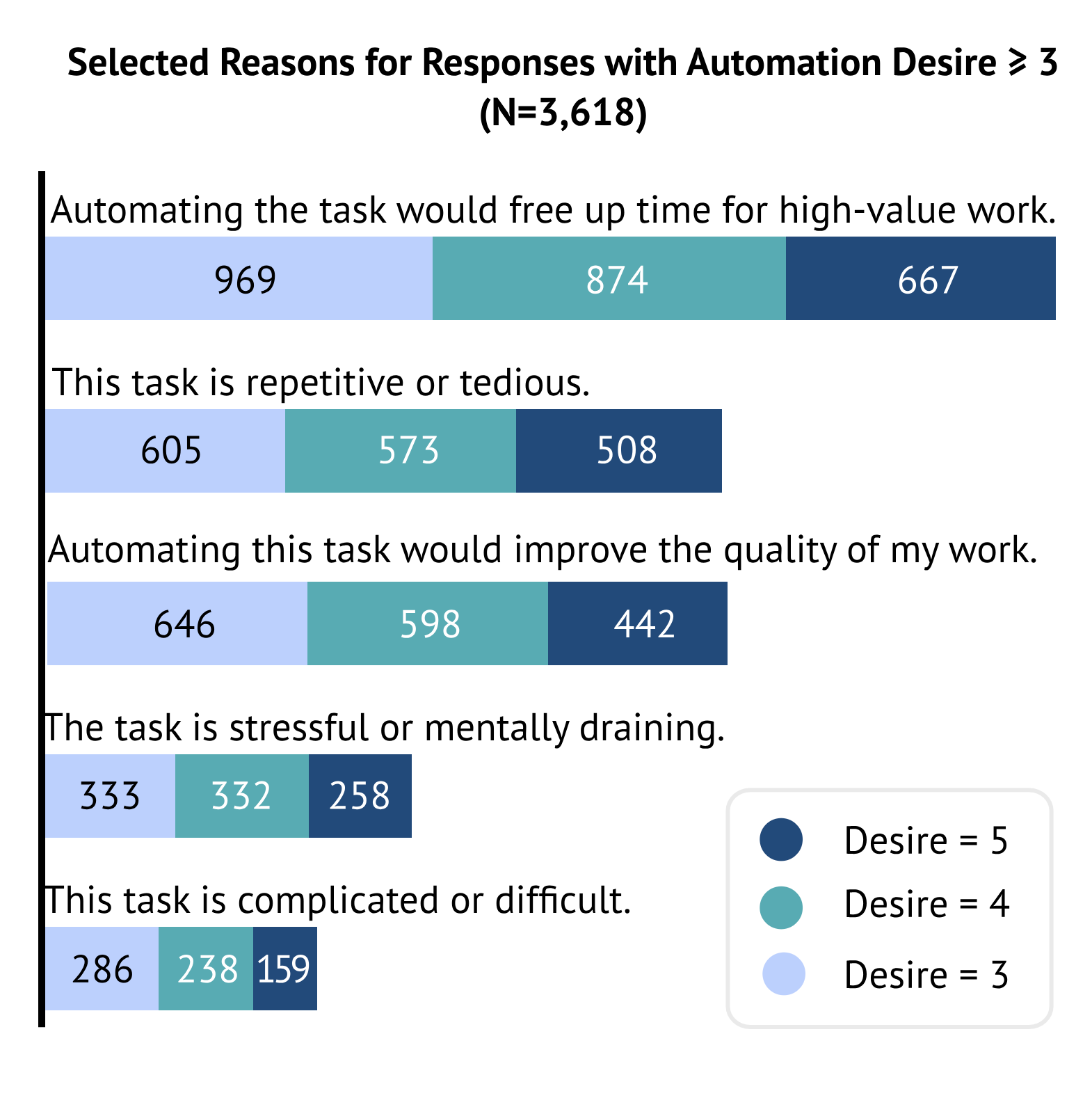
With the rise of AI agents, the real magic happens in augmentation—where AI supports human workers in complex, creative, or emotionally nuanced roles, beyond automation. The Stanford SALT Lab’s research paints a vivid picture of a future where AI agents are not just tools but partners in work. As the researchers note, “AI can process data faster than any human, but it can’t understand the nuances of a team’s morale or the cultural context of a negotiation.” (At least not yet ...) This is where augmentation shines—AI handles the heavy lifting, while humans bring insight and judgment to the table.
There is No Free Lunch: You Gotta LEARN
The Stanford study urges a proactive approach. It’s about lifelong learning—embracing re-skilling and up-skilling to stay ahead of the curve. AI’s potential to boost productivity and create new opportunities is immense.
“Software/AI is now a network-effect business where the fastest mover wins. The fastest mover is the fastest learner in an AI system."
– Eric Schmidt, former Google CEO
Why Now Is Your Moment: Are You Ready for the Age of Abundance?
“AI will create more millionaires in five years than the internet did in 20.”
– Jensen Huang, NVIDIA CEO
Huang predicts, AI as “the greatest technology equalizer of our time,” explaining how tools like generative AI are empowering anyone to become a creator—be it a developer, artist, and/or author. If you're still thinking like an employee in the AI economy, you're missing the biggest wealth creation opportunity of your lifetime. The key is positioning yourself as the strategic orchestrator of AI capabilities rather than a competitor to them.
"We're gonna be in an era of abundance that's so large it's very hard for people to imagine. Any economically valuable job humans can do,...AI will be able to do 80% of it, with a few exceptions. People will work on things because they want to work on things, not because they need to work on things to pay their mortgage."
– Vinod Khosla, venture capitalist (Khosla Ventures was the first venture capital investor in OpenAI)
Why This Matters for EVERY Entrepreneur
The old playbook—build quietly, launch loudly, iterate slowly—is dead. The new playbook is ship fast, learn faster, evolve fastest.
Whether you're building consumer apps, enterprise software, or products, the businesses that survive the new AI economy will be those that learn fastest. This will emerge in every industry where data can improve the outcomes: healthcare, education, finance, manufacturing, construction and transportation, just to name the obvious.
The Stanford research provides unprecedented clarity: AI is creating the largest redistribution of economic opportunity in modern history. We're witnessing something that's never existed in human history. But you have to "jump on the wagon, take the leap" or whatever you wish to call it, seize this once-in-a-lifetime moment because how you respond will determine everything that follows.
Here's the link to the research database if you want to check it out yourself: SALT-NLP/WORKBank · Datasets at Hugging Face
Give me a thumbs up if you'd enjoy more content like this! We are always working to make sure our content serves your growth and entrepreneurial goals. Thanks for reading!

